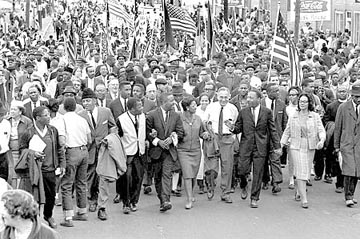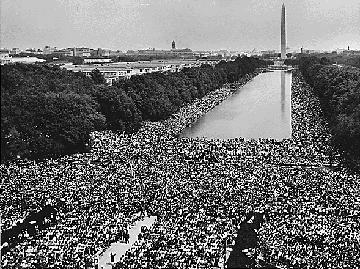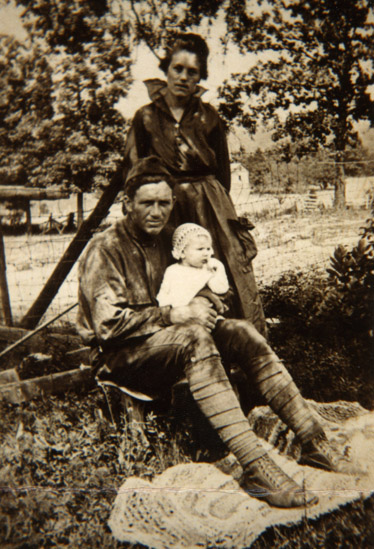I’m shamelessly copying what Anne Laurie did in a post this morning. But for some reason, this Joan Baez cover of a Woody Guthrie song has been running through my head the past few days, anyway —
The song is about a California plane crash that killed 28 Mexican farmworkers in 1948. The farmworkers were then buried in a mass grave without being identified. More than six decades later, a writer named Tim Z. Hernandez, partly inspired by the song, did a lot of detective work and identified the people in the grave. This week a large gravestone listing the names was placed on the grave, and the song was sung as part of the ceremony.
I’m sure this song was on a Joan Baez album I bought sometime in the 1970s, and I always liked it, but for some reason I never connected it to a real event. Anyway — Woody Guthrie was a great man. Just sayin’.
Here’s another version, with Arlo G. and Emmylou Harris.



